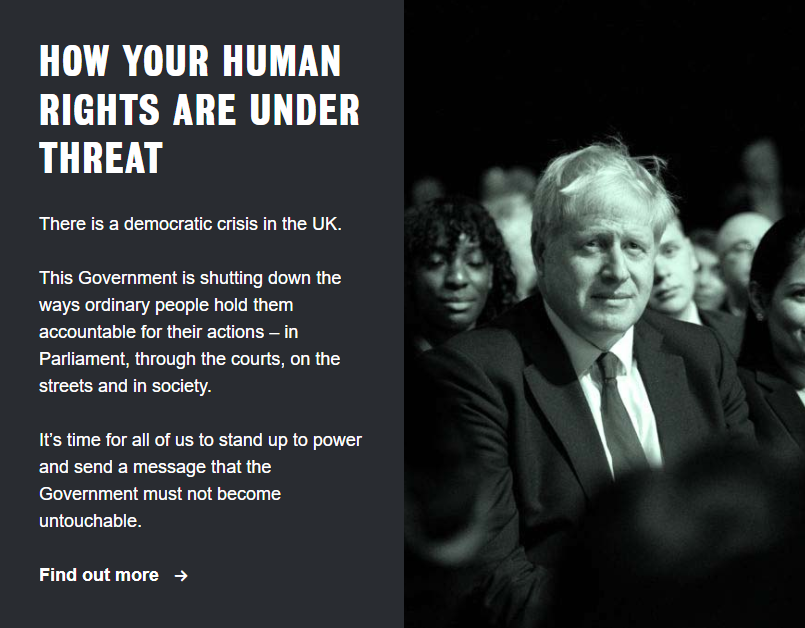UK Hospital Fees Have Left More Than 900 Migrants Without Treatment
Table of Contents
In recent times, the United Kingdom has grappled with a controversial issue that goes beyond the boundaries of national policies – the impact of hospital fees on migrants. This article explores the repercussions of UK hospital fees, leaving over 900 migrants without the medical treatment they urgently need. Beyond statistics, we delve into the human stories, legal implications, and proposed solutions, shedding light on a complex and pressing matter.
Background of UK Hospital Fees for Migrants
The policy surrounding hospital fees for migrants in the UK is not a recent development. Dating back to [mention the year], the government implemented a system where migrants, especially those without proper documentation, are required to pay substantial fees for healthcare services. This marked a significant shift in the country’s approach to healthcare accessibility, sparking debates on ethics and human rights.
Statistics and Impact
The numbers speak volumes – more than 900 migrants have found themselves without treatment due to the financial burden imposed by hospital fees. In this section, we not only focus on the statistics but also share compelling real-life stories and case studies, highlighting the human cost of this policy.
Challenges Faced by Migrants

Financial barriers and the fear of deportation act as formidable challenges for migrants seeking medical help. This section explores the intersection of immigration status and healthcare access, uncovering the dilemmas faced by those caught in this bureaucratic web.
Public Reaction and Advocacy
If there’s one thing the digital age has brought, it’s the power of social media to amplify voices. We discuss the public’s response to this issue, including online campaigns and initiatives by advocacy groups striving for change.
Legal Aspects and Human Rights Concerns

Is the policy legally sound? Does it violate fundamental human rights? Here, we dissect the legal aspects of the hospital fees for migrants, questioning the ethical foundations of the policy.
Alternatives and Proposed Solutions
While criticism is essential, constructive dialogue is paramount. This section offers suggestions for policy reform, drawing insights from successful approaches in other countries.
Government Response
Official statements and any proposed changes by the government are scrutinized in this part, providing readers with an understanding of the authorities’ stance on the matter.
Healthcare Access as a Fundamental Right
Beyond the specifics of UK policy, we broaden the scope by discussing healthcare access as a fundamental right. International comparisons shed light on how different nations approach this universal necessity.
Collaboration between Healthcare Providers and NGOs
Amidst challenges, positive stories emerge. We highlight successful collaborations between healthcare providers and non-governmental organizations, showcasing the impact of collective efforts.
Community Support and Grassroots Efforts
Local communities often step in where policies fall short. This section explores the commendable efforts of community-driven initiatives and volunteer organizations working to bridge gaps in healthcare access.
Media Coverage and Awareness
The role of media in shaping public opinion and influencing policy discussions cannot be overstated. We delve into the media’s impact on the perception of the hospital fee issue and its potential to drive change.
Global Perspectives on Migration and Healthcare
Are there lessons to be learned from other nations? This section provides a global perspective on migration and healthcare, emphasizing the interconnectedness of these issues.
The Humanitarian Aspect
This heading delves into the ethical considerations surrounding healthcare, emphasizing the need for empathy in policies that directly impact vulnerable populations.
Conclusion
In conclusion, we summarize the key points discussed throughout the article. The call to action encourages readers to reflect on the implications of the UK hospital fees on migrants and consider their role in advocating for change.